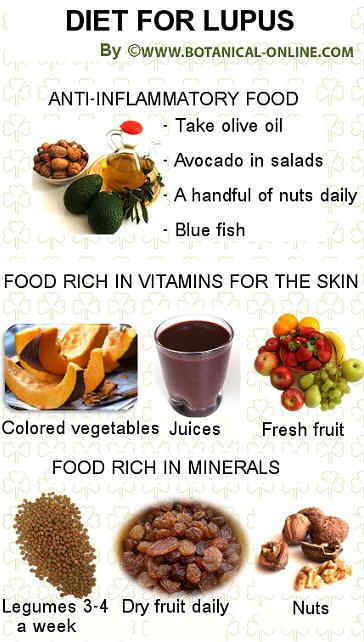How Taking Vitamins for Lupus Can Decrease Your Symptoms When Used Correctly:
Now that you’ve learned WHY Lupus and vitamins are an important duo. We can easily connect HOW vitamins for Lupus are a wonderful addition to prevent doctor visits, ER visits, and decrease the severity of symptoms!
When your body is in a state of chronic inflammation, it can’t work properly to protect you. Messages get misfired, your body is literally tired and running out of nutritious resources, and now you’re more susceptible to infections, disease, and deficiencies.
Which is why it’s so important to keep inflammation down! NSAIDs and other inflammation fighter medications are great for short-term use, but we have a chronic condition… so they don’t work as well after a while and it gives you a have a higher chance of experiencing their side effects
Medications block the ongoing repair process and it reduces the swelling and pain.
However, this process just creates a vicious cycle of increased inflammation that requires even more immune suppression. In turn, you have more doctor visits, pain, and decreased enjoyment in life.
So, when you ask your doctor to monitor your vitamin levels (you must push for this or they won’t check because it costs the insurance $$)
You can:
- Make sure you’re in the optimal range (not the same as the “normal range”)
- Substitute with foods that have clean ingredients like certified organic
- Substitute with supplementation or vitamins, that have bioavailable sources
You will feel LESS:
- Inflammation
- Brain fog
- Bone/joint/muscle pain
- Have fewer infections and/or decreased severity of infections
Vitamin antioxidants (A , C, E) are the preventative measures you can take to fight free radicals that are in your body to stop sickness & inflammation dead in its’ tracks!
They do this by giving electrons to the free radicals(who are unstable) making them stable and neutralizing them.

Vitamin B6 is more complicated as it has 6 forms. Some forms are less bioavailable from fruits, veggies, and grains.
B6 and B12 reduce levels of the amino acid homocysteine in the blood. Homocysteine is associated with inflammation. They are also known to reduce nerve pain associated with diabetes and some chemotherapy.
Water-soluble vitamins like the B’s need to be replenished daily because they are not effectively stored in the body like fat-soluble ones.
Vitamin B12 requires 2 steps for the body to absorb it. HCL acid in the stomach separates vitamin B12 from the protein that it’s attached to from food. Then it combines with another protein in the stomach called intrinsic factor. This makes it absorbable by the body.
Some medications can interact with this vitamin causing deficiencies like Metformin, Pepcid, Prilosec, and H2 receptor antagonists.
IF YOUR BODY IS inflamed, it has a harder time absorbing. Especially if you suffer from stomach inflammation (which we do quite often as we’re so sensitive to everything!) Details about some great vitamins for Lupus are below:

Vitamin D
A fat-soluble vitamin. Fat-soluble vitamins need to dissolve in fat before they can make it into the body. Fat-digesting bile acids come from the liver and live in the small intestine. The bile breaks down the fat and the vitamins move with the fat through the intestinal wall and end up being stored in your fat cells until needed.
Vitamin K
Another great vitamin for Lupus. It functions as a coenzyme for vitamin K-dependent carboxylase, which is an enzyme that’s required for protein synthesis when dealing with blood clotting, bone metabolism, and clotting.
It’s responsible for preventing cognitive degenerative conditions like Alzheimer’s. Also, if you boost vitamin K levels from kefir, raw-cultured veggies, it can help protect your digestive system and the immune system.
We all know out gut health determines how well our immune system functions. After all, 70-80% of our immune system is located in our gut.
Don’t forget, these fat-soluble vitamins are processed in our digestive system. There is so much going on down there, making your health depend on the ingredients that are chosen for your foods, supplements, and skin care!
*Always get the “OK” from your doctor first as vitamins may interact with medications or clotting conditions.
Causes of Deficiencies
We know that Lupus and deficiencies go hand in hand.
Some common deficiencies of vitamins for Lupus are vitamin D, C, E’s, and K. When we focus on autoimmune diseases like Lupus, it’s even more prevalent.
First, deficiencies can be due to health conditions like kidney failure, leaky gut or intestinal absorption problems like celiacs, chrons, and IBS. This doesn’t mean you’ll suffer forever, it just means you need potent versions and a few lifestyle changes!


0 comments